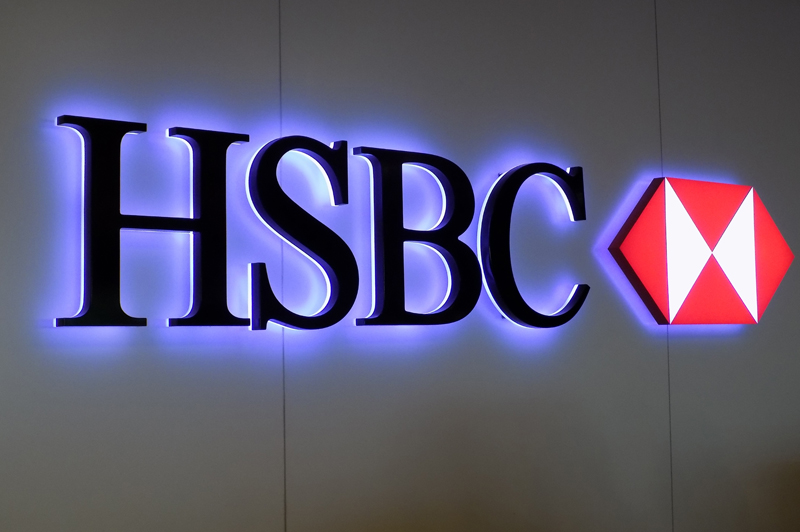HSBC uses blockchain to complete $250bn worth of trades in a year
The London bank continues to lead the charge in a wide-scale adoption of the scarcely used technology


HSBC has completed $250 billion worth of Forex trades in the past year using distributed ledger technology (DLT).
It marks a shift towards wider adoption of the technology that underpins cryptocurrencies, a commodity which in the past year has seen a loss of value and more prevalent criticism.
The dizzying $250 billion was settled over three million individual trades and more than 150,000 payments since February 2018. The bank used its own FX Everywhere trading platform to settle the trades, a platform which the company said it has been using "to orchestrate payments across HSBC's internal balance sheets."
Previously banks had been relying on CLS for FX trades, a company which built its own blockchain technology platform in November with Morgan Stanley and Goldman Sachs.
Despite the hype around it, developers have seemed to shy away from using the platform amid fears around ad the speed and security of blockchain for big finance. That's in addition to some confusion around regulation and fears that blockchain adoption could lead to disruption of current systems.
The new technology could help the bank and its clients conduct "thousands of foreign exchange transactions," said Richard Bibbey, interim global head of FX and commodities in a statement.
"Following successful implementation inside the bank, we are now exploring how this technology could help multinational clients - who also have multiple treasury centres and cross-border supply chains -- better manage foreign exchange flows within their organisations," he added.
Sign up today and you will receive a free copy of our Future Focus 2025 report - the leading guidance on AI, cybersecurity and other IT challenges as per 700+ senior executives
Blockchain has been hailed as the future of banking and digital transactions based on its transparent method of verifying transactions and exchanges of tokens or data. Trading on a blockchain platform requires no third-parties to check transactions - it's all automated - and entries cannot be changed which makes it highly secure.
It's hoped the use of blockchain in banking will help trim the risk of fraudulent transactions and cut back the number of steps needed in the process and speed up single transactions, which can take up to a week, to a matter of hours.
HSBC was the first bank to conduct trade using blockchain back in May 2018. Using the Corda blockchain platform, which it developed in partnership with a number of other banks such as ING, BNP Paribas and State Street, HSBC completed a transaction for food and agricultural group Carhill, processing a letter of credit for the shipment of soya beans from Argentina to Malaysia.

Connor Jones has been at the forefront of global cyber security news coverage for the past few years, breaking developments on major stories such as LockBit’s ransomware attack on Royal Mail International, and many others. He has also made sporadic appearances on the ITPro Podcast discussing topics from home desk setups all the way to hacking systems using prosthetic limbs. He has a master’s degree in Magazine Journalism from the University of Sheffield, and has previously written for the likes of Red Bull Esports and UNILAD tech during his career that started in 2015.
-
 Trump's AI executive order could leave US in a 'regulatory vacuum'
Trump's AI executive order could leave US in a 'regulatory vacuum'News Citing a "patchwork of 50 different regulatory regimes" and "ideological bias", President Trump wants rules to be set at a federal level
-
 TPUs: Google's home advantage
TPUs: Google's home advantageITPro Podcast How does TPU v7 stack up against Nvidia's latest chips – and can Google scale AI using only its own supply?